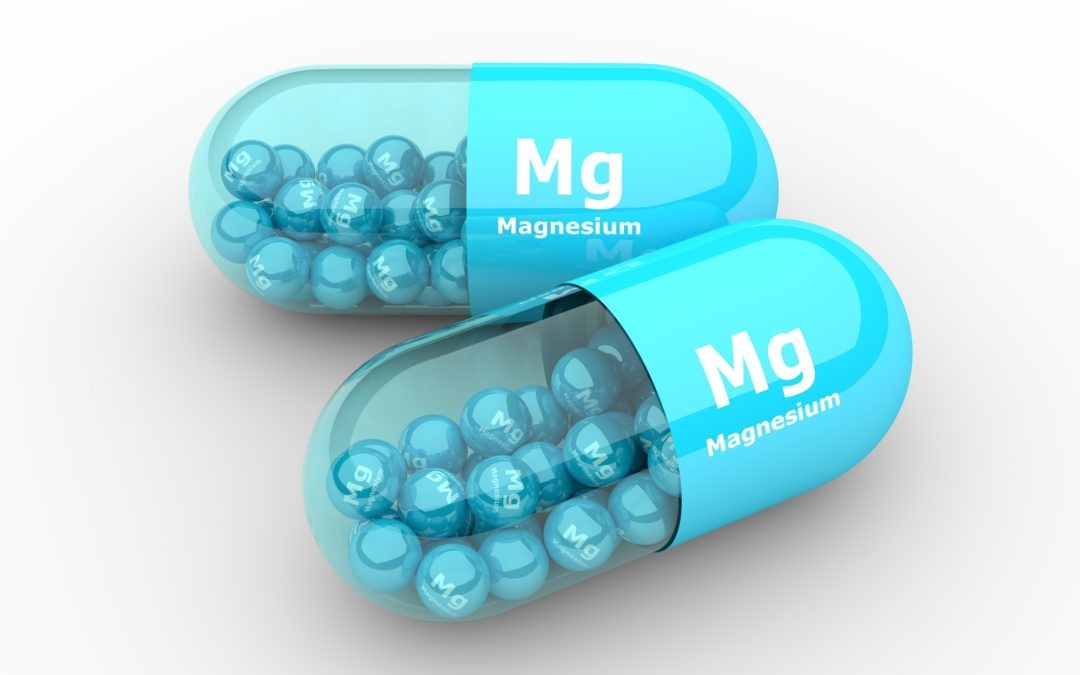Magnesium is a vital mineral that plays a critical role in many of the body’s functions, from nerve and muscle function to blood pressure regulation and bone health. Despite its importance, many people don’t get enough magnesium in their diet, leading to a deficiency that can cause a range of health problems. In this blog post, we’ll explore the common signs of magnesium deficiency and why it’s important to maintain adequate levels of this essential mineral.
Muscle Cramps and Spasms
One of the most common and noticeable signs of magnesium deficiency is muscle cramps and spasms. Magnesium is crucial for muscle function, as it helps muscles relax after contraction. Without enough magnesium, muscles can become overactive, leading to painful cramps, twitching, or spasms. This is often experienced in the legs, particularly at night, which is commonly known as nocturnal leg cramps.
Fatigue and Weakness
Feeling unusually tired or weak could be a sign of magnesium deficiency. Magnesium is involved in energy production, and low levels can impair your body’s ability to generate energy efficiently. This can lead to chronic fatigue, even after a good night’s sleep, and general muscle weakness. If you find yourself feeling persistently tired or lacking energy, it might be worth considering your magnesium intake.
Mental Health Issues
Magnesium plays a significant role in brain function and mood regulation. A deficiency in magnesium has been linked to increased risk of depression, anxiety, and other mental health issues. Low magnesium levels can affect neurotransmitter function and brain activity, leading to symptoms such as irritability, anxiety, and even panic attacks. In severe cases, prolonged deficiency may contribute to depression and mood disorders.
High Blood Pressure
Magnesium helps regulate blood pressure by promoting relaxation of blood vessels. When magnesium levels are low, blood vessels can become constricted, leading to increased blood pressure. Over time, this can contribute to the development of hypertension, which is a significant risk factor for heart disease and stroke. If you have high blood pressure, magnesium deficiency could be a contributing factor.
Irregular Heartbeat (Arrhythmia)
One of the more serious signs of magnesium deficiency is an irregular heartbeat or arrhythmia. Magnesium is vital for maintaining normal electrical activity in the heart, and low levels can disrupt the balance of electrolytes like potassium and calcium, leading to arrhythmias. Symptoms can range from mild palpitations to severe cases that may cause shortness of breath, chest pain, or even fainting. In extreme cases, severe magnesium deficiency can increase the risk of more dangerous heart conditions.
Numbness and Tingling
Magnesium is essential for nerve function, and a deficiency can cause symptoms such as numbness and tingling, particularly in the extremities like the hands and feet. This occurs because low magnesium levels can affect the nervous system, leading to altered nerve transmission. Persistent numbness or tingling should not be ignored, as it could indicate a more severe deficiency or underlying health issue.
Osteoporosis and Bone Health
Magnesium plays a crucial role in bone health, as it helps regulate calcium levels and is involved in the formation of bone tissue. A deficiency in magnesium can lead to lower bone mineral density, increasing the risk of osteoporosis and fractures. This is particularly concerning for older adults, who are already at higher risk for bone-related issues. Ensuring adequate magnesium intake is essential for maintaining strong and healthy bones.
Headaches and Migraines
People with magnesium deficiency may experience frequent headaches or migraines. Magnesium is involved in neurotransmitter function and blood circulation, and low levels can contribute to the onset of headaches. Some studies have shown that magnesium supplementation may help reduce the frequency and severity of migraines, making it a potential treatment option for those who suffer from chronic headaches.
Conclusion
Magnesium deficiency is more common than many people realize, and it can lead to a range of health problems, from muscle cramps and fatigue to more severe issues like high blood pressure, irregular heartbeat, and mental health challenges. Recognizing the signs of magnesium deficiency is crucial for addressing the issue before it leads to more serious health concerns. If you suspect that you might be deficient in magnesium, consider increasing your intake of magnesium-rich foods like leafy greens, nuts, seeds, and whole grains, or speak to your healthcare provider about supplementation.
Maintaining adequate magnesium levels is vital for overall health and well-being, so don’t overlook this essential mineral in your diet.
Resources
Magnesium for skeletal muscle cramps (Cochrane Database of Systematic Reviews 2012)
Red blood cell magnesium and chronic fatigue syndrome (The Lancet, 30 March 1991)
Magnesium, stress and neuropsychiatric disorders.
Magnesium deficiency and osteoporosis: animal and human observations
Effect of Magnesium Deficiency on Autonomic Circulatory Regulation in Conscious Rats

Leave a Reply